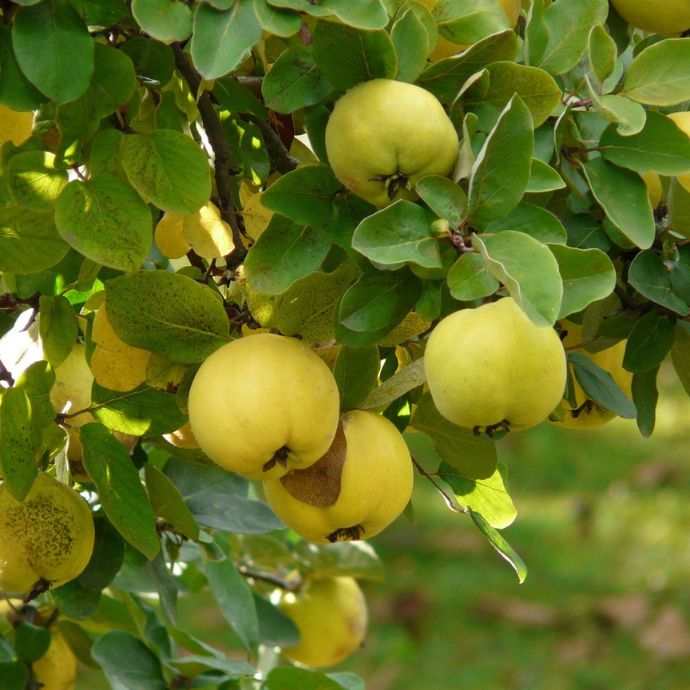Advice & Inspiration
How to Grow Apricots: Care Tips
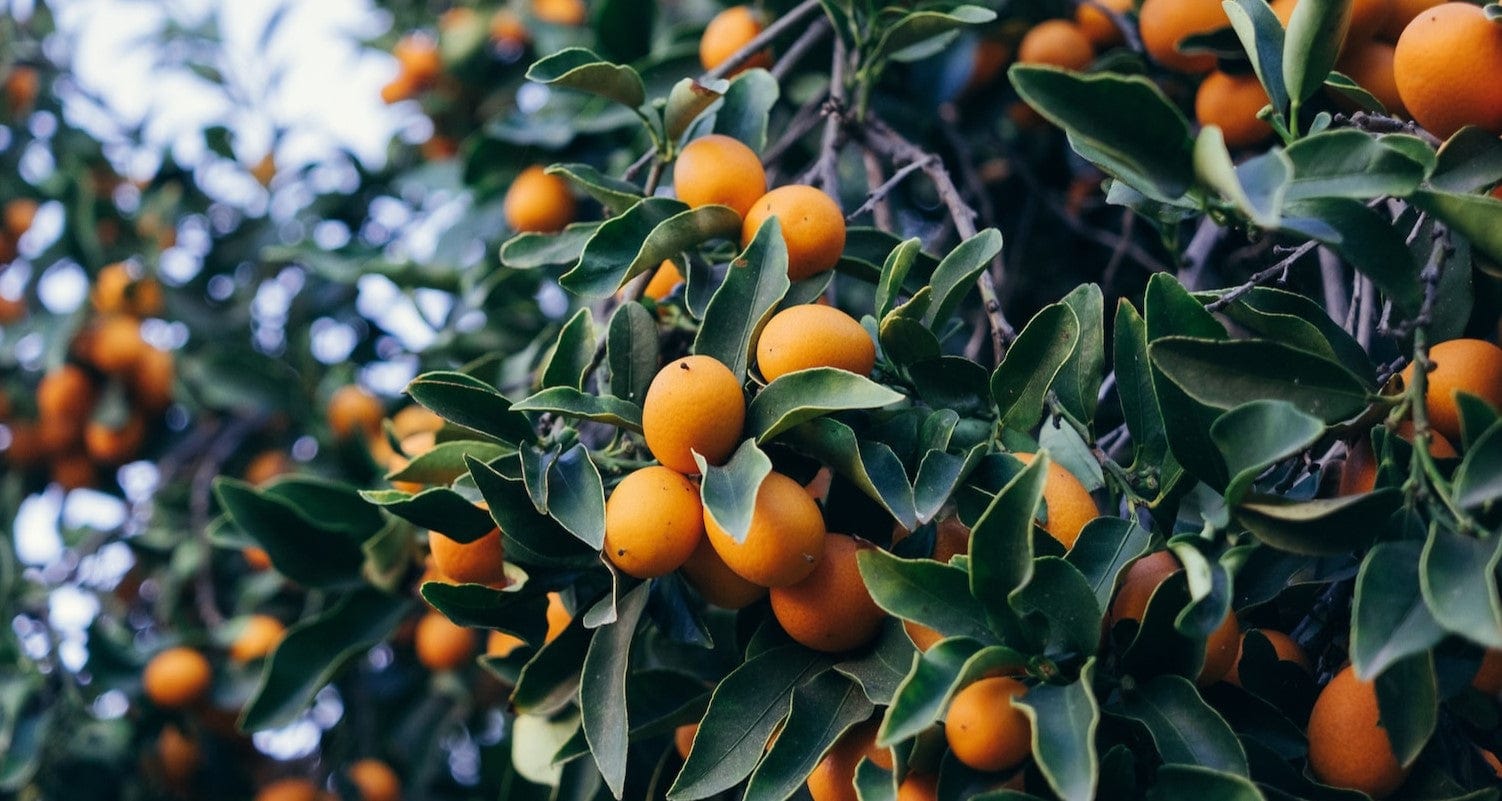
With a bit of care and attention, you can successfully grow your own sweet and delicious apricots in the UK - here we show you how.
Most common Apricot Tree questions
When can I plant Apricot trees?
It is best to plant your Apricot tree whilst it is dormant, which is usually from around November to March.
This will give the tree time to establish a root system before the heat and stress of the summer. Find a time during these colder months when the ground isn’t frozen and is still somewhat warm.
What kind of soil do Apricots need?
Apricots prefer rich but well-drained soil.
They do best in deep, slightly alkaline soils.
Prepare your soil with plenty of organic matter such as well-rotted manure or compost. To help improve soil nutrition and moisture retention you can add a mulch of around 4-5cm of compost or finely chopped bark.
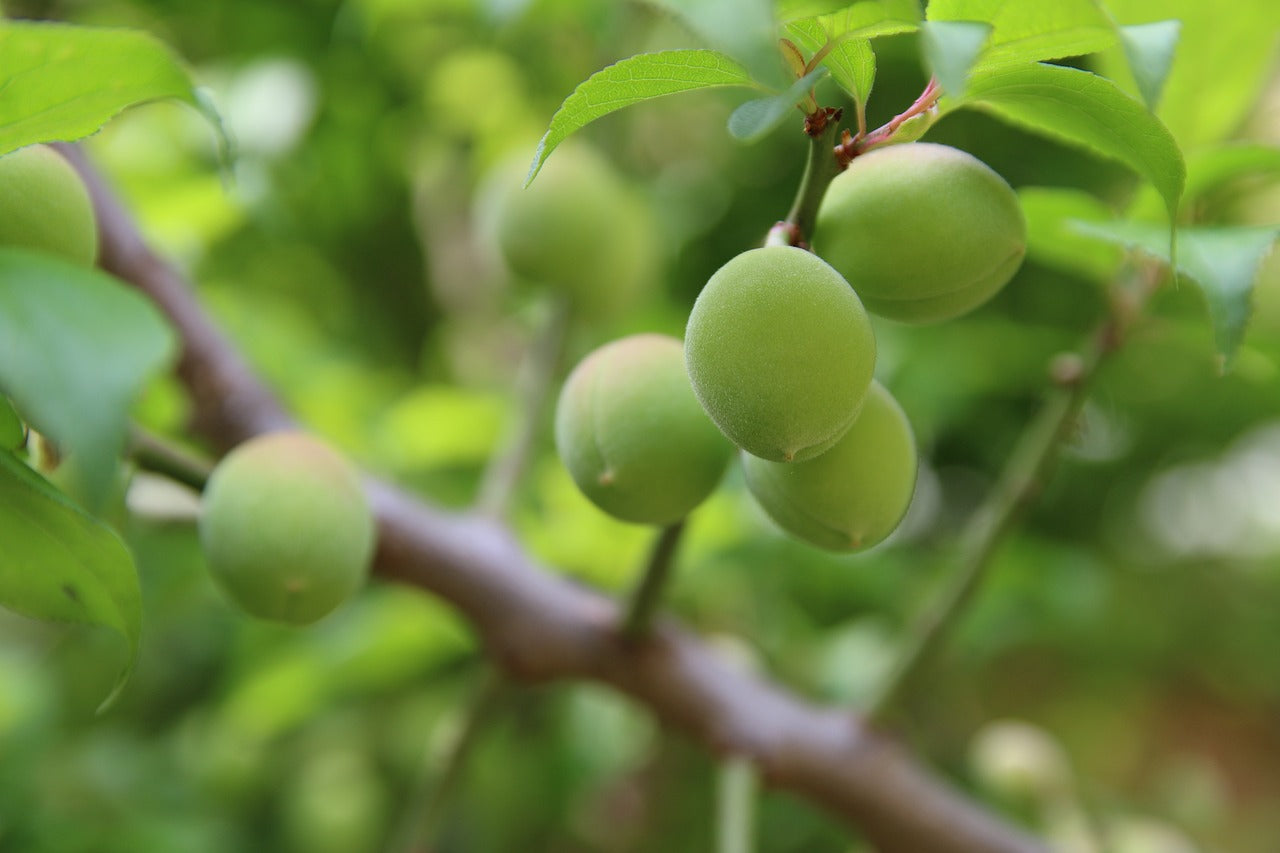
How much sun do Apricots need?
Apricots do best in full sun.
They should receive at least six hours of sunlight daily.
How do you plant Apricot trees?
Choose a position next to a sunny, south facing wall.
In milder parts of the UK, you can grow your tree in a freestanding position. Make sure you choose a spot away from strong winds which can damage the blossom. Apricots prefer deep soil and struggle in shallow soil, so make sure your tree is dug in well with plenty of space for root development.
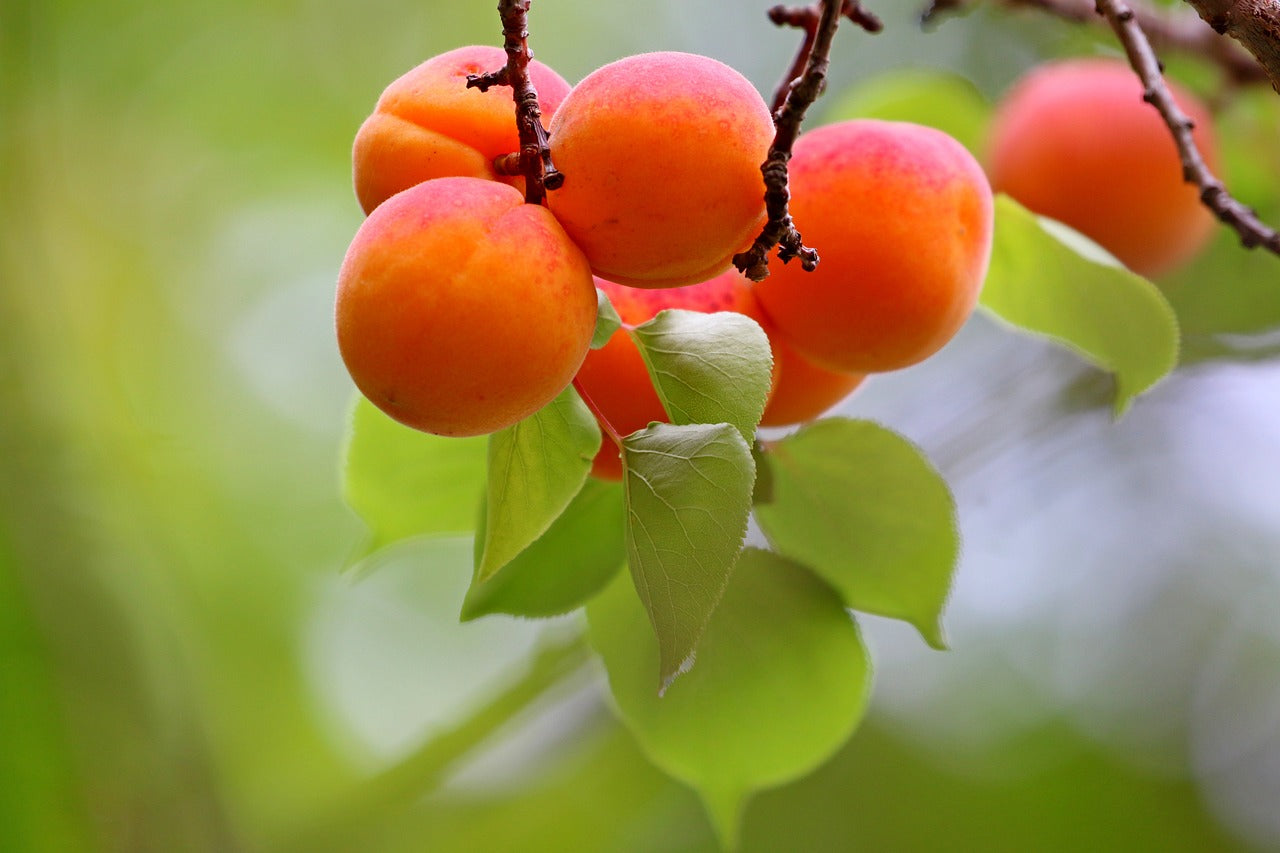
Can I grow Apricot trees in pots?
Apricot trees do very well in pots.
Choose the largest container you can, and position it on a sheltered, sunny patio. You can then bring it indoors over the winter. You can even grow potted Apricot trees in a greenhouse, where they will fruit earlier.
How much water do Apricots need?
Apricot trees need watering during dry spells.
They are very sensitive to dry soil and need frequent watering when newly-planted, before their root systems have fully developed. Mature trees will need watering before and during dry weather, and when the fruit starts to swell.
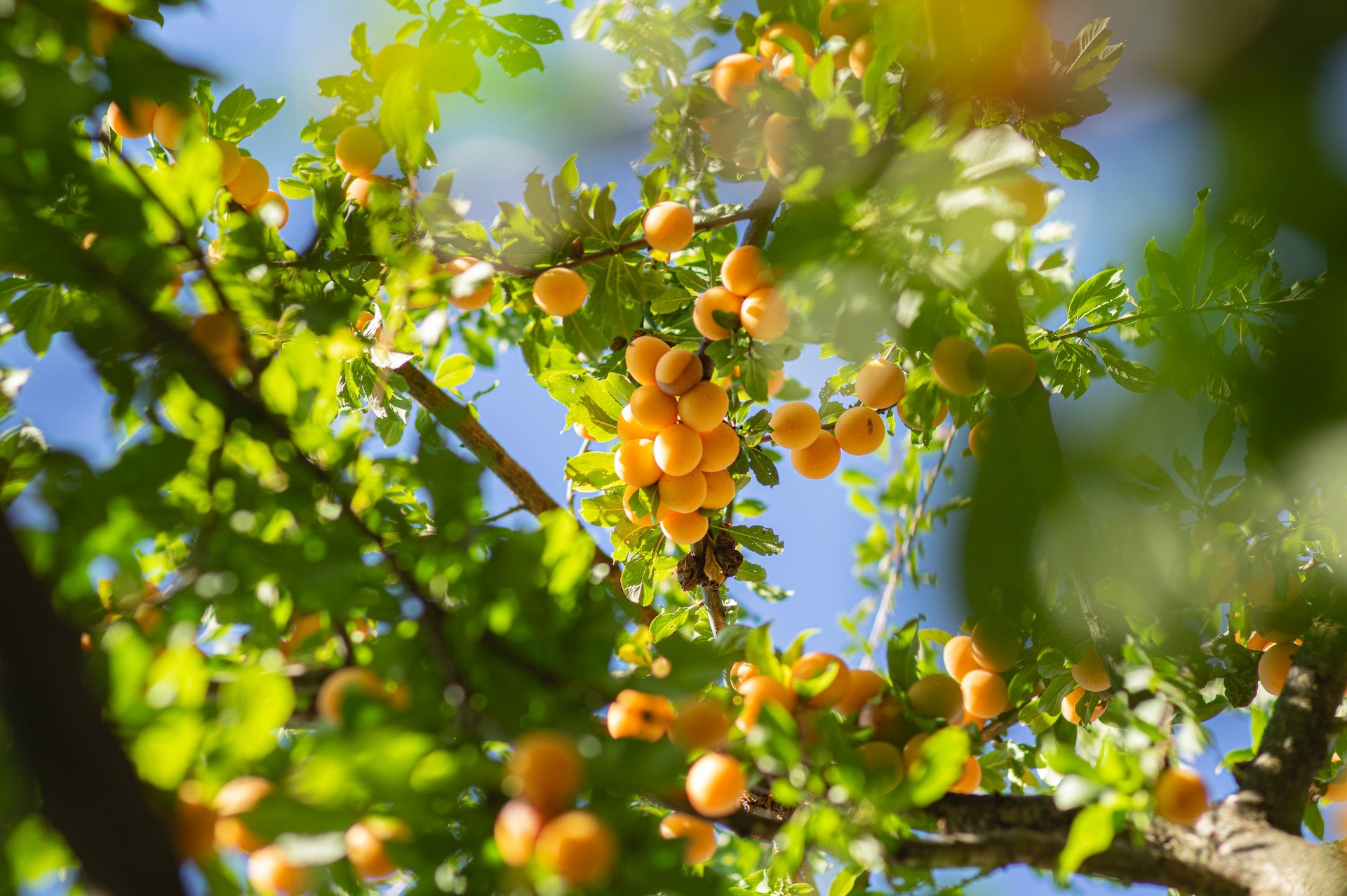
Do Apricots need feeding?
Feed your Apricot trees in late winter with a high potassium fertiliser.
Scatter two handfuls per square metre around your trees. Apricots will also benefit from a mulch in late autumn to late winter. Lay about 5cm of well rotted garden compost or manure, or bark chips, around the base of the tree. This will add nutrients and protect the roots from getting too cold.
Do Apricot trees need pruning?
Prune Apricots in spring or late summer when the sap is rising.
Apricots grow fruit on shoots that were made the previous summer and on short spurs from the older wood.
Apricots can also be trained as fans.
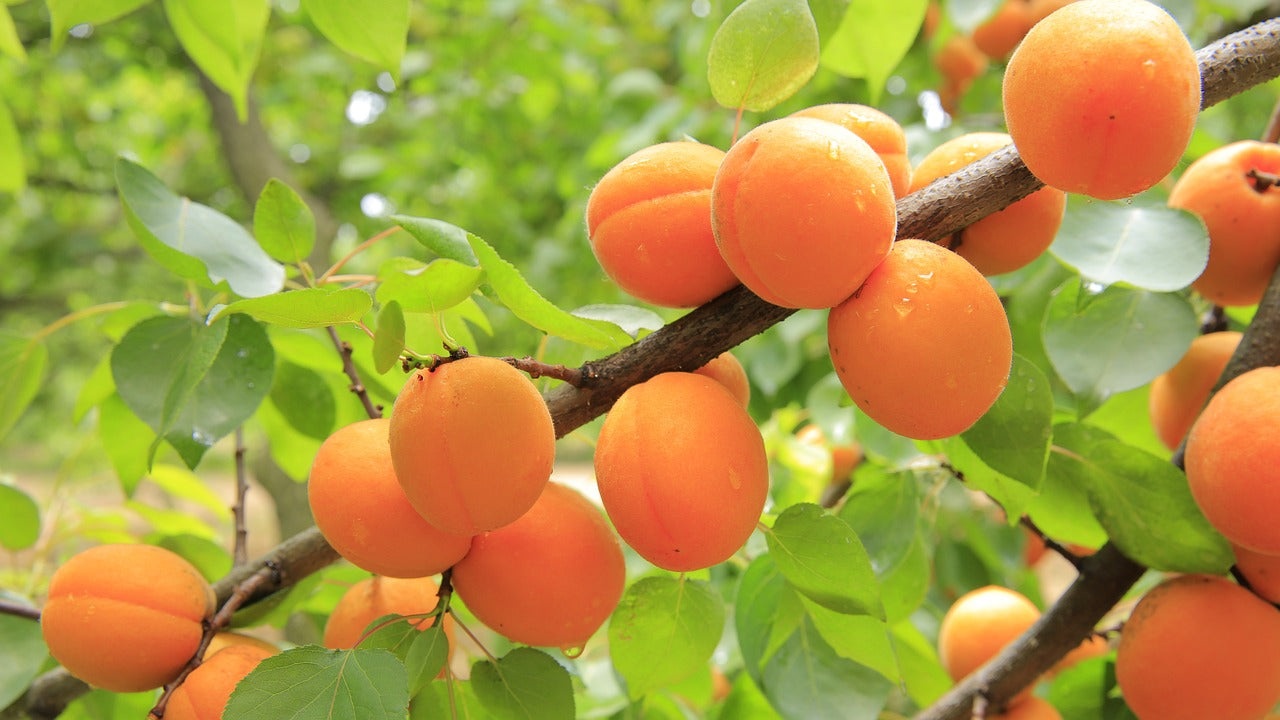
How to care for Apricots
Although they're hardy, Apricots flower early and so the blossom needs to be protected.
To protect the flowers from frost, make a structure of canes around the tree and wrap carefully with fleece until the weather warms up. Due to the early blossoming, there may not be sufficient flying insects around to pollinate the tree, so this can be helped along by hand pollinating with a paintbrush once a week.
If your tree is in a pot, you could move it indoors or into a greenhouse over the winter.
How to harvest Apricots
Apricots are ready to harvest from late July to August.
The ripe fruits are soft and will come away easily from the tree. Handle them gently to avoid bruising.
Apricots can only be stored for a few days so are best eaten straight away - however you can freeze or bottle them.
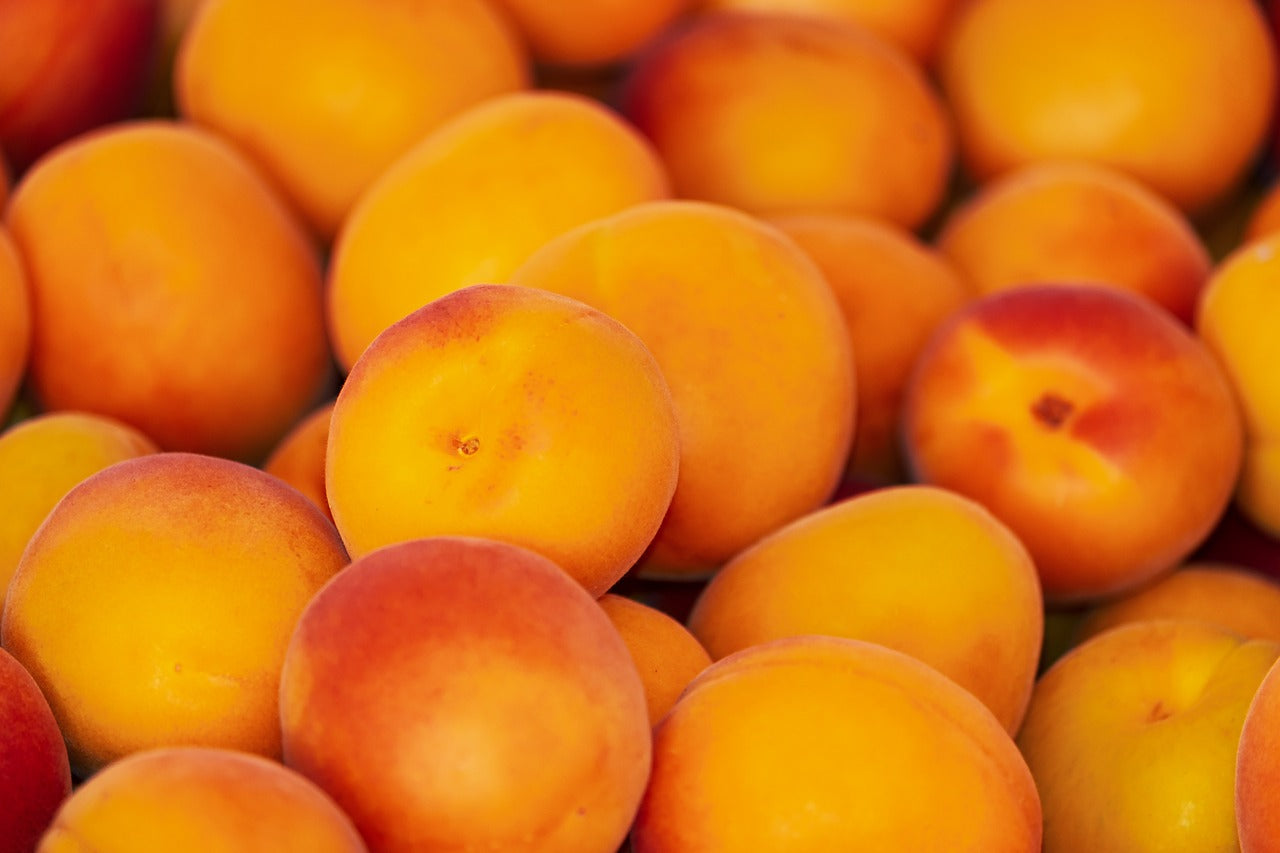
Common Apricot tree problems
Silver Leaf
Silver Leaf causes leaves to develop a silvery sheen.
When the branches are cut, they reveal red staining.
To prevent Silver Leaf, prune from the end of June to the end of August or in early spring. Keep the pruning cuts to a minimum, pruning regularly and making sure the cut surfaces are as small as possible.
Bacterial Canker
This presents as sunken and dead areas on the bark.
A sap-like fluid can ooze out of these areas. This disease can cause death of the tree if not cared for. The best defence is to prune in mid and late Summer, cutting away the infected areas and disposing of them either by burning or throwing them away (not in the garden waste). You can coat the cut areas with a tree wound-paint to prevent reinfection.
Birds
Birds love to eat the buds, leaves and fruit of Apricot trees.
Pigeons are a particular culprit! To protect your tree, cover the ripening fruit with netting or fleece, or try scare devices such as hanging a line of old CDs or making a scarecrow.


